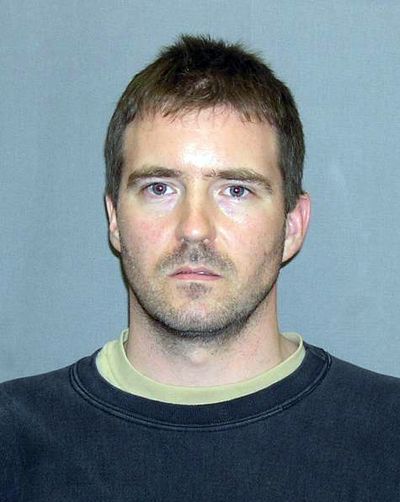Judge questions FBI procedures
Cause for arrest, Miranda rights kept from Harpham for hours

An FBI plan to not tell domestic terrorism suspect Kevin W. Harpham why he was arrested has raised the ire of the federal judge presiding over the case of the Stevens County man who is charged with leaving a bomb along the planned route of the Martin Luther King Jr. Unity March.
According to documents released Tuesday, U.S. District Court Judge Justin Quackenbush expressed his “concerns as to the several hour delay in advising Kevin Harpham of the reasons for his arrest after taking him into custody and also the failure to give the defendant Miranda warnings during that several hour period.”
However, Harpham made no confession or direct admission of guilt during that time. Had he, Quackenbush indicated that he would have not allowed federal prosecutors to use those statements at the trial scheduled for Aug. 22.
Harpham faces several felony charges, including attempting to use a weapon of mass destruction and targeting minorities at the Jan. 17 march in downtown Spokane. At a hearing last Thursday, prosecutors revealed that Harpham took photographs of himself at the march, as well as photos of black children and a Jewish man wearing a yarmulke.
Later during the same hearing, Quackenbush closed the courtroom and attorneys called two agents from the Federal Bureau of Investigation to testify about the first few hours after agents arrested Harpham, 37, on March 9. Court testimony indicated that agents did not give Harpham his Miranda warnings, including his right to remain silent.
During that closed hearing, according to court records, Quackenbush “discussed with counsel what appears to be” a violation of criminal procedure.
FBI special agent Joseph Cleary explained that agents had planned not to give Harpham his Miranda warnings or tell him why he was arrested as a ploy to gain Harpham’s trust and potentially elicit a statement or confession from him.
However, about an hour after his 8:45 a.m. arrest, Harpham asked the federal agents how long they had “known” him. The record does not reflect what was said.
Sometime after they arrived at the Stevens County Sheriff’s Office at about 10 a.m., the agents taped a 10-minute conversation with Harpham without providing his Miranda warnings.
Harpham asked the recording to stop at about 11 a.m. and agents finally gave him the Miranda warnings. Harpham then gave a statement.
Quackenbush ordered attorneys for both sides to provide legal arguments about why he should allow or deny a jury to hear Harpham’s statement about how long agents had known him, as well as the statement Harpham made after receiving his Miranda warnings.